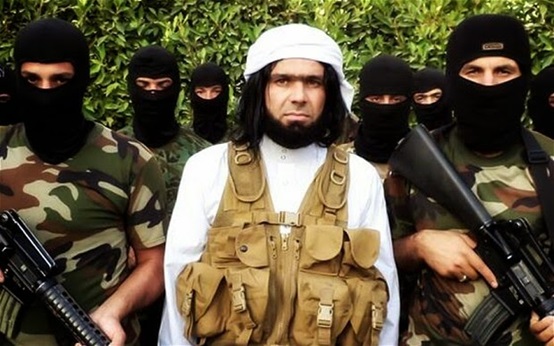Despite the fact that the UN Security Council has adopted several resolutions to combat Takfiri terrorism, the world is still suffering from this devastating phenomenon.
The reason is that the US and its Western allies have politicized these resolutions to achieve the objectives of their colonialist project in the Middle East region, which aims, among other things, to end the axis of resistance and enable Israel to invade the Arab region politically, economically and culturally.
The main responsibility for the failure of the international community in fighting terrorism is due to certain UNSC member states’ lack of commitment to implementing the global counter-terrorism strategy, their breaches of relevant Security Council resolutions, and the laxness in holding these terrorism-sponsoring states responsible.
The religious centers around the world that are funded by Saudi Arabia and Qatar with millions of dollars have the sole purpose of spreading the extremist Wahabi mentality, as these centers are involved in recruiting thousands of youths and sending them to fight in the ranks of ISIS, al-Nusra, and other terror groups operating in Syria and Iraq.
The UN Counter-Terrorism Office should have true independence and effectiveness and it must be removed from political pressure and attempts to use money in order to achieve personal interests and certain geo-political agendas.
Effectiveness and success in combating terrorism require political will, commitment by all member states, and refraining from breaching relevant Security Council resolutions or using terrorism as a political and military tool to interfere in states’ affairs.
Syria’s delegation to the UN expressed reservation over article 3 of resolution no.71/291 adopted by the General Assembly on June 15th because it grants the government of Saudi Arabia special privileges at the UN Counter-Terrorism Office.
The contribution of Saudi Arabia to spreading terrorism by giving millions of dollars to armed terrorist groups operating in Syria, Iraq and other parts of the world is well known.
Donating USD 100 million to the Counter-Terrorism Office or buying weapons worth billions of dollars do not authorize Saudi Arabia to support terrorist groups. There is a need for transparency in implementing the UN’s counter-terrorism strategy, because some states that claim participation in combatting terrorism encourage Saudi Arabia and other regional tools to offer financial and military support to terrorist organizations with the aim of achieving geopolitical goals.
Since the beginning of the crisis, Syria has informed the Security Council about the flow of foreign fighters to Syria from neighboring countries, particularly Turkey, providing evidence to this, but it took the international community three years to realize the danger of this phenomenon, yet some today still treat this issue with a narrow view limited to the threat these fighters pose if they return to their countries of origin.
The states that sponsored terrorists in Syria are indifferent to the lives of Syrians, but they consider the return of the terrorists they sponsored to Europe a red line.
Unfortunately, those who pay the price for such policies are innocent people in London, Manchester, Brussels, Paris, Nice, New York, and Boston, yet certain governments lack the courage to admit the error of their policies of being lenient with terrorism in Syria and Iraq and of allying themselves with the extremist and terrorist governments of Saudi Arabia, Qatar, and Turkey.
The amount of funding and resources the terrorist organizations possess necessitates demands for certain states to cut off the sources of funding for terror organizations either directly or indirectly via involvement in banking transactions and illicit trade deals in oil, gas, and archeological artifacts with groups like ISIS and al-Nusra.
K.Q.

